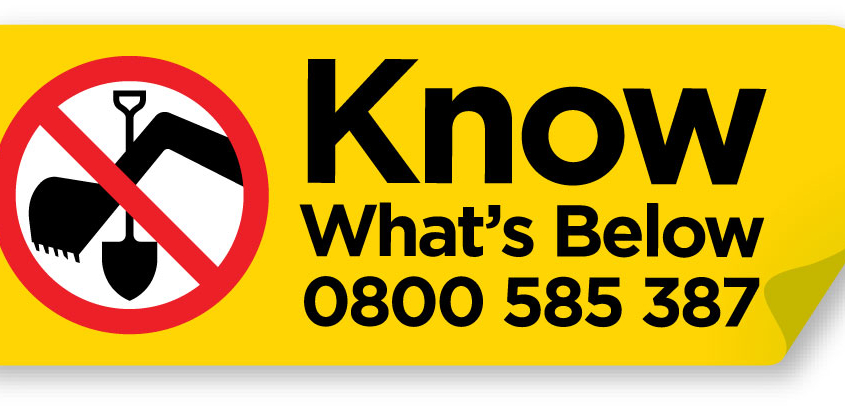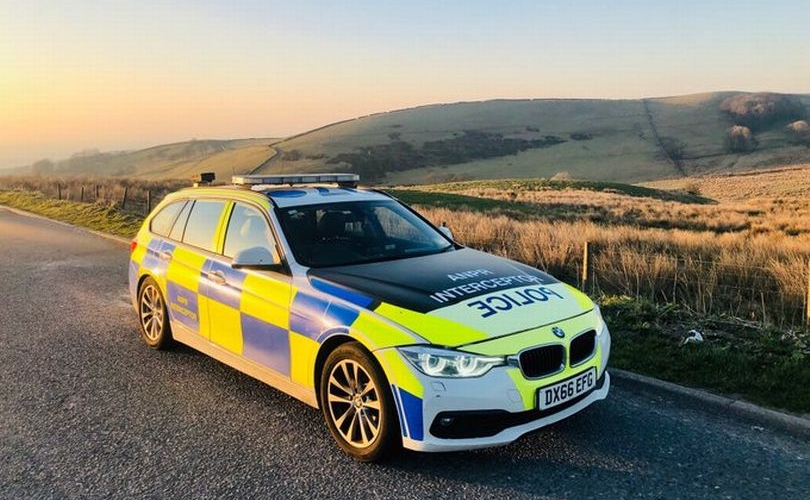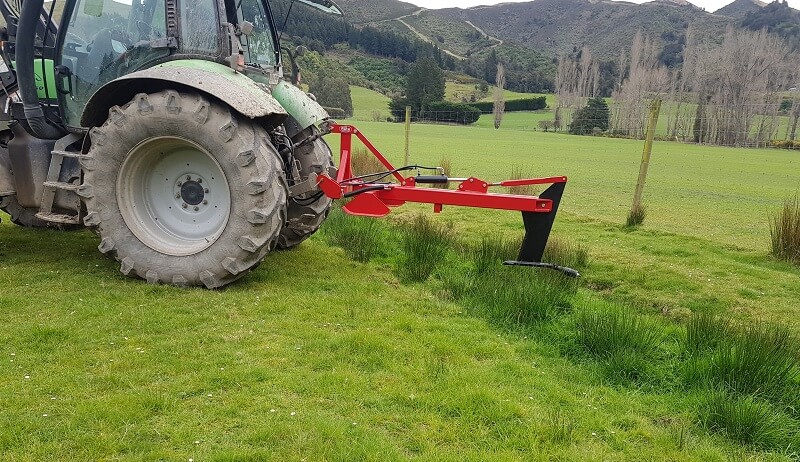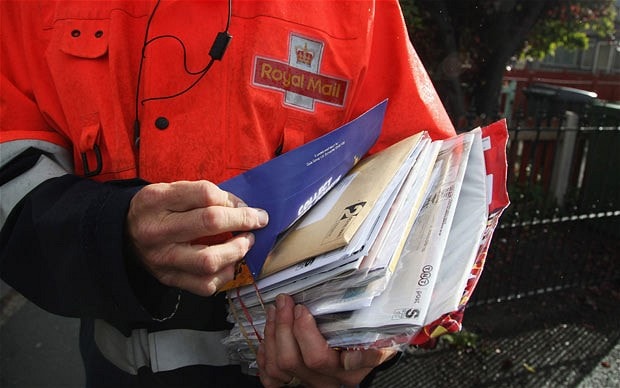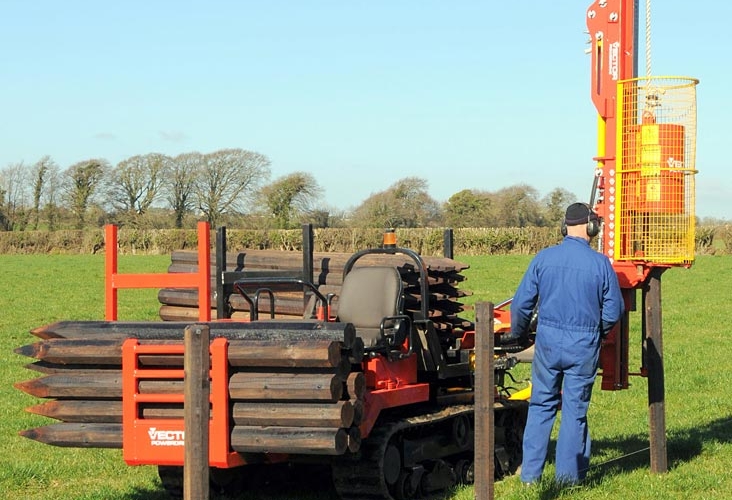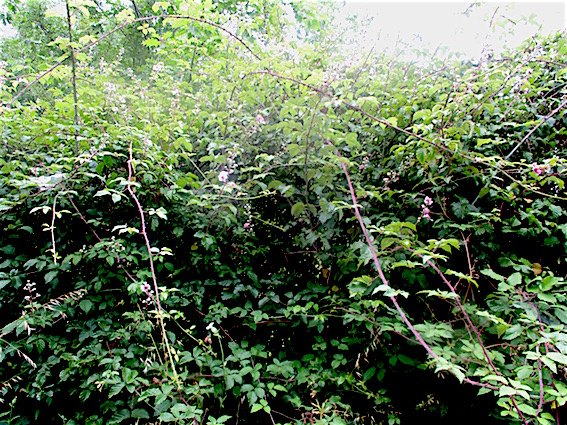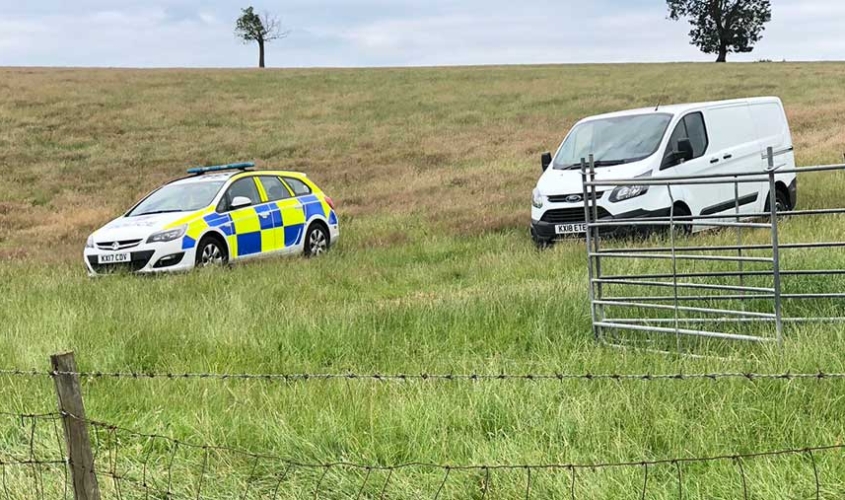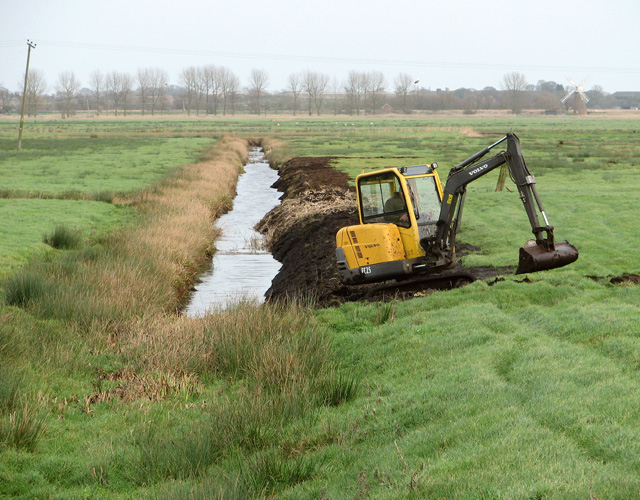With the unseasonably wet weather the UK has experienced this year, here we remind landowners “Don’t dig near to pipelines” without permission from the pipeline operator.
Britain has more than 27,000 km of buried pipelines used to transport a range of products at high pressures of up to 100 bar. This includes flammable and explosive products such as oil, natural gas, ethylene, and petroleum, as well as less obviously hazardous materials such as water.
Prior to working in the vicinity of high-pressure pipelines, landowners are required to contact the pipeline operator. BPA asks its landowners that they are notified for any works within 50m of a pipeline, particularly if the pipeline is known to be at a shallow depth.
When we are contacted we can provide safety guidance and advice including coming out and marking out the pipeline to enable the farmer or landowner to carry on with the required activities.
Contractors, employees and temporary staff working on the land also need to be informed of the pipeline locations to discuss and agree on the necessary precautions before starting work.
Agricultural activities that pose a significant risk to pipelines include the installation or repair of drainage pipes or clearing ditches near buried pipelines. Such activities often require heavy machinery and can easily excavate close to the pipeline’s nominal depth of 1m.
To prevent risks to landowner and pipeline, anyone planning works within 3 metres of a our buried pipelines must obtain permission from BPA. This is not to prevent the works, but simply to ensure they are undertaken safely.
Pipeline marker posts
The locations of pipelines are normally indicated by marker posts at the edges of fields; however, marker posts can be accidentally moved or damaged, and pipelines may not run in a straight line between posts and aerial markers.
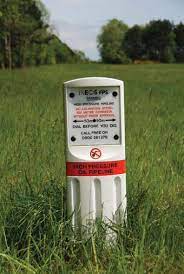
Pipeline marker post
The depth of the pipeline’s cover may also be reduced in parts, so contact our lands team so we can advise on the exact location of the pipeline. We can arrange to visit the site, trace and accurately mark out the exact pipeline location, and provide guidance on safe working while near to the pipeline.
To help ensure the best and safest outcomes for all, farmers or contractors are advised not to undertake any works within three metres of a buried pipeline. If planning works, please:
- Never assume the route or depth of pipeline.
- Give pipeline operators sufficient notice before works begin.
- Do not proceed with works until consent is given by the pipeline operator.
- Be aware that pipeline depths vary and can often be found less than 1m below the surface.
- Remember pipelines do not always run in straight lines between marker posts.
- Be aware that other safety-critical infrastructure, such as cables, valve chambers and standpipes, can be buried along the pipeline lengths; these can be found at even shallower depths than the pipeline.
Landowner Responsibilities
Damage to pipelines can pose a significant risk to life, as well as potentially serious environmental damage if a product is released. It can also lead to prosecution by the HSE as Regulation 15 of the Pipelines Safety Regulations Act states: “No person shall cause such damage to a pipeline as may give rise to dangers to persons”.
Working near pipelines without taking the correct precautions can have serious consequences and potential prosecution. It is the landowner’s responsibility to ensure that employees, contractors and others operating on their land comply with regulations.
As well as potential prosecution, damage to the pipeline could lead to environmental harm through serious pollution of soil, water, and the atmosphere, which is likely to lead to prosecution by the Environment Agency. The cost of repair and subsequent clean-up is likely to exceed £1m.
If in doubt, contact BPA as we are here to help. More information and videos on what to do and not do near to buried pipelines can be found here.

